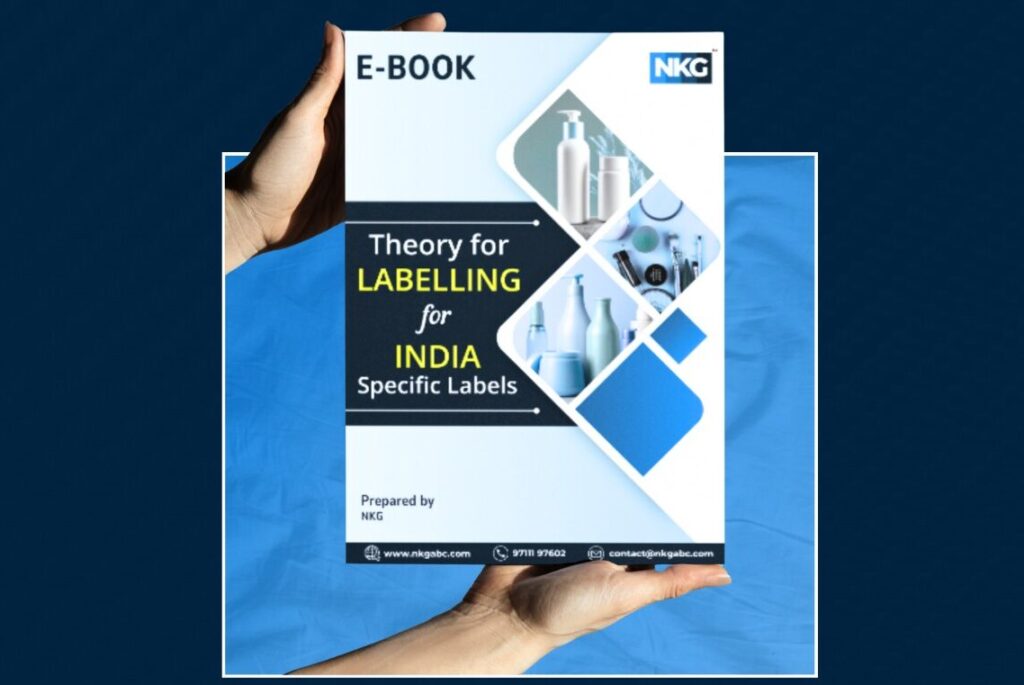The Impact of E-Commerce Regulations on D2C Brands: A Comprehensive Guide
When running an e-commerce business in India, it is essential to understand the rules and regulations that need to be followed to avoid any legal complications. E-commerce regulations are crucial to protect consumers, ensure safe and efficient products, and safeguard business owners’ interests.
In this article, we will discuss the rules and regulations that Direct-to-Consumer (D2C) business owners need to follow while selling their products on e-commerce platforms. D2C brands sell directly to consumers without the involvement of retailers or distributors. They mostly use digital platforms like e-commerce, social media, and retail stores to sell their products.
First, let us understand what D2C means:
D2C brands mean Direct to consumers, where a manufacturer develops or manufactures a product and sells directly to consumers without the help of retailers or distributors. Third parties are involved, and D2C brands mostly use digital platforms such as E-Commerce, social media, and retail store to sell their products. When a D2C brand decides to sell its products through E-commerce, there are many regulations one needs to follow so that they don’t face any non-compliance. With the advancement of technology, the use of E-commerce has seen a rapid increment. Till now, there is no specific regulatory framework that regulates E-commerce in India. Thus, different departments handle various aspects of E-commerce, including regulations related to online transactions, data privacy, cybersecurity, intellectual property rights, and consumer protection laws. To ensure compliance with these regulations, D2C businesses must follow certain labeling rules while selling their products online, including providing clear and accurate information about the product, its ingredients, manufacturing date, expiry date, and any warnings or precautions. Failure to comply with these regulations can result in legal complications and penalties for the business owners. Therefore, it is crucial for D2C businesses to have a thorough knowledge of these regulations and ensure compliance while selling their products on E-Commerce sites.
Advantages of D2C model:
- With the elimination of middlemen, profitability will be increased.
- It would be helpful to recommend personalized products to consumers with the help of collected data.
- The profits are under the control of the seller.
Definitions of E-commerce compliances in terms of Legal Metrology:
- E-commerce is a business model based on digital platforms that give users an online market portal to buy or sell any product or service of their choice. As per the Consumer protection act 2019, E-commerce is defined as the “buying and selling of goods and services with the help of a digital platform or over a digital network”. With the increasing popularity of E-commerce, it has become a crucial element of the digital economy.
- E-commerce depends on other services such as the internet, transfer of funds through electronic means, data exchange, etc. These services enable online transactions, making it convenient for consumers to purchase products and services from anywhere at any time.
- During and after COVID, E-Commerce emerged as the most helpful and useful platform, as everything from the daily use item to medicines is available online. That’s why the government is making strict rules to regulate it so that it does not exploit the buyer or the seller. Consumer protection laws and regulations are put in place to ensure the safety and satisfaction of customers while promoting fair competition among E-commerce businesses.
- An E-commerce entity is incorporated under the Companies Act of 1956 or 2013. Or a foreign company covered under Section 2, clause (42) of the Companies Act, 2013. Or an office, branch, or agency in India covered under sub-clause (ii) Clause (v) under Section 2 of the Foreign Exchange Management Act, 1999 (42 of 1999) owned or controlled by a person who resides outside India and conducting e-commerce business. Compliance with corporate and legal regulations is crucial for any E-commerce business to avoid legal complications and penalties.
- Legal metrology is the set of rules, regulations, and protocols to maintain the products’ regularity and control the pre-packaged commodities by ensuring that new quantities remain there. Legal metrology plays an essential role in regulating E-commerce by ensuring that the products sold comply with standard measures and provide accurate information to the consumers. It helps to build trust between consumers and E-commerce businesses, leading to a more positive and long-lasting relationship.
The list of Mandatory declarations under LMPC is:
1. The manufacturer’s name and address.
2. Product origin country
3. Product’s generic name
4. Net quantity
5. Best before-use date
6. MRP
7. Dimension of Product etc.
Information and Technology Act,2000 ("IT ACT”): Different provisions guide how E-commerce should work under the IT Act.
a) Section 84 A – The Central Government must promote E-commerce.
b) Section 43A – Provisions on data protection.
c) Section 66 A – If there is a case of identity theft, then the person is punishable with imprisonment for two years or a 1 lakh fine or both.
Any information freely available or accessible in the public domain or furnished under the Right to Information Act, 2005, or any other law shall not be regarded as sensitive personal data or information for these rules.
Conclusion: With the rapid growth of the E-commerce industry and the acceptance of consumers, the concerns for the public’s legal safety and data have also increased. The laws for E-commerce are vague and, thus, depend on different departments and situations. Companies must look for many other Acts and Rules before entering the E-commerce world. If anyone D2C brand wants to succeed in the E-Commerce business, it must be aware of the legal rules and challenges that it may encounter, how to manage the risks, and the measures they need to take. The regulation of E-Commerce is scattered; hence D2C business owners must be mindful of the legal compliances and accountability of E-Commerce in India.







